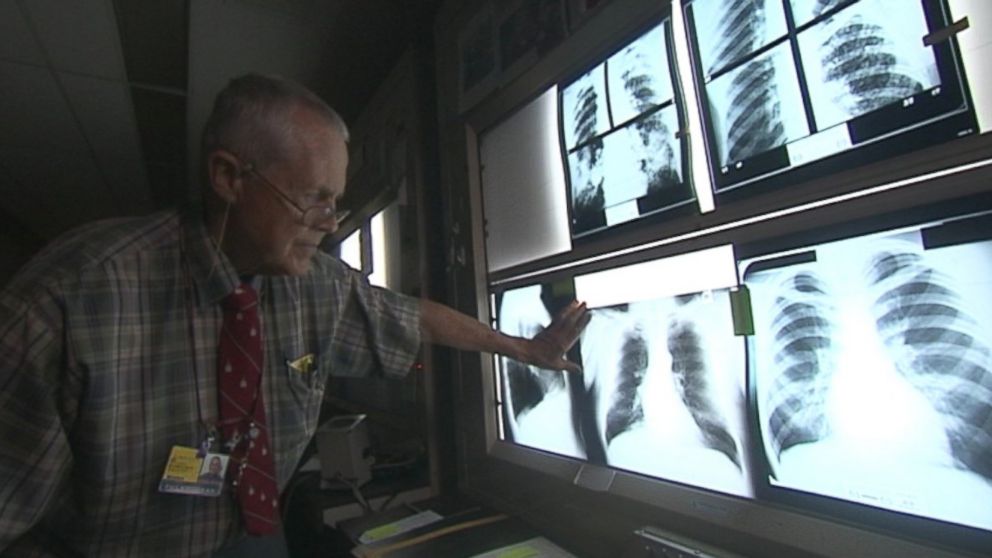Senator Demands Release of Hopkins Black Lung Report
Top medical center has refused to discuss internal review of suspended program.
— -- U.S. Sen. Robert Casey, Jr. is demanding to see the findings of Johns Hopkins internal review of a controversial radiology program that for years reviewed x-rays of coal miners on behalf of coal companies and rarely found miners to have serious black lung disease -- decisions that helped prevent them from obtaining much-needed financial support.
“My constituents and coal miners and their families who have suffered the effects of black lung and the wrongful denial of black lung benefits claims are waiting for answers,” wrote Casey, a Pennsylvania Democrat, in a letter to Johns Hopkins Medicine CEO Dr. Paul Rothman Friday. “In the interest of full disclosure and transparency, I strongly urge you to publicly release the findings of your review.”
Johns Hopkins announced the internal review in 2013, two days after the broadcast of a joint investigation by ABC News and the Center for Public Integrity that looked at more than 1,700 cases Johns Hopkins took up on behalf of coal companies over a decade. In those cases Hopkins’ leading black lung expert, Dr. Paul S. Wheeler, never concluded, even once, that a miner had severe black lung. After the broadcast, Johns Hopkins suspended the program, pending the outcome of the internal review.

Nearly a year-and-a-half later, the school has completed its review, but won’t say whether medical opinions from Johns Hopkins doctors were skewed to favor coal companies over America’s coal miners.
“The review has always been intended as an internal evaluation and will remain confidential,” said Kim Hoppe, a Johns Hopkins spokeswoman.
Hoppe said Johns Hopkins doctors have not resumed reading lung x-rays for the coal industry, which paid millions of dollars to have doctors from the renowned hospital render their expert opinions in black lung benefits cases. Scores of those medical readings were used by coal company attorneys to thwart claims from coal miners who believed they were entitled federal financial relief because they had been stricken with black lung disease while working underground, the ABC News-CPI investigation found.
“Given the alarming findings of the investigative reports into the matter, I am surprised that, after almost a year and a half, Johns Hopkins School of Medicine has chosen to withhold findings that have clear implications for miners and their families, the American public and the federal government,” Casey wrote in his letter to Rothman.
“There are still many questions left unanswered following the revelation that since 2000 Dr. Wheeler had not found one case of complicated pneumoconiosis in over 1,500 black lung claims and in more than 3,400 x-ray readings,” Casey wrote. “The coal miners whose x-rays were read by Dr. Wheeler and their families deserve more information.”
Hoppe told ABC News earlier in March that “decisions coming out of the review are being deliberated.”
Among the miners affected by Dr. Wheeler’s x-ray readings was Michael “Steve” Day of West Virginia, who died in 2014. As in dozens of other cases, an autopsy found that, contrary to Dr. Wheeler’s opinion, Day did indeed have advanced black lung disease and should have been eligible for benefits.
“It proved to everybody that [Dr. Wheeler] was wrong,” said Patience Day Williams, Steve Day’s daughter. “We knew it all along.”
Day’s autopsy report said his lungs were clogged with coal dust – the disease had spread into 85 percent of his lungs.




